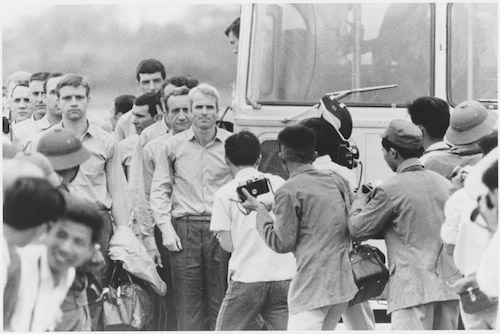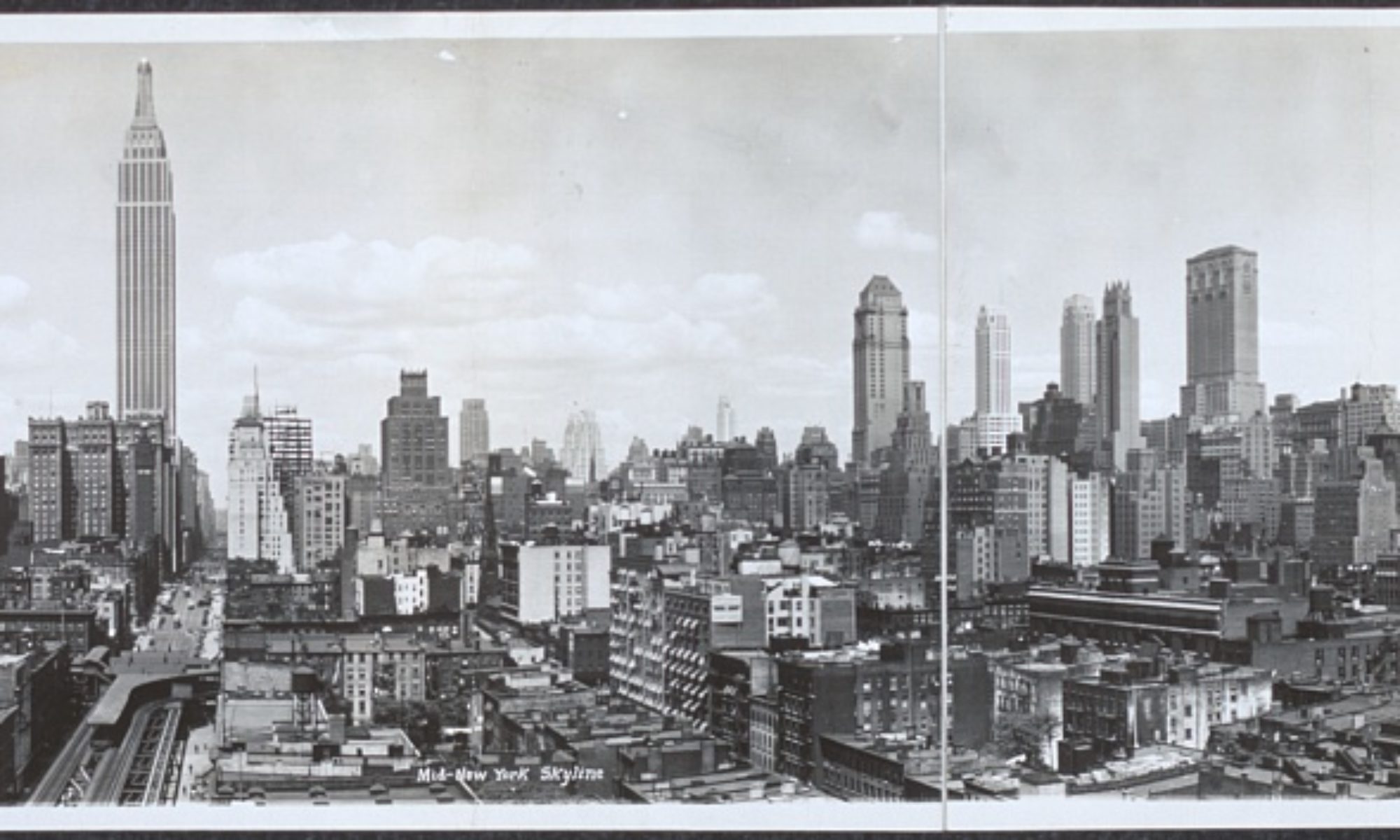
From our own George Blaustein’s essay in n+1 on the mythologies of John McCain, from the captivity narrative to imperial adventure tale to the hard-boiled prose of Ernest Hemingway:
The interesting thing about McCain was not his politics, which were, by and large, predictably Republican. His sanctimony masked nepotism, self-interest, and political expediency. His concrete political legacy is not the timeless virtue of sacrifice, but catastrophic war. Yet for decades he has remained interesting as a figure of myth, and that mythology invites something like a literary analysis. One is speaking here less of McCain himself than of McCainology. It is a slippery subject; McCainology usually says as much about the McCainologist as it does about McCain. The aura of a unique ordeal followed him from his captivity in Vietnam into politics, and McCain himself (the first and most devoted McCainologist) cultivated that aura. The question of authenticity has been McCainology’s main preoccupation, but it is a red herring. I am asking other questions: if McCain were a fictional character, which he kind of was, then what is his story about? And when was it written? And why did we read it?
Read the essay here: https://nplusonemag.com/online-only/online-only/my-fellow-prisoners/

